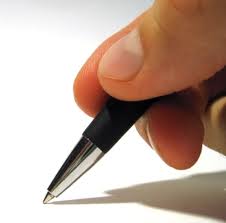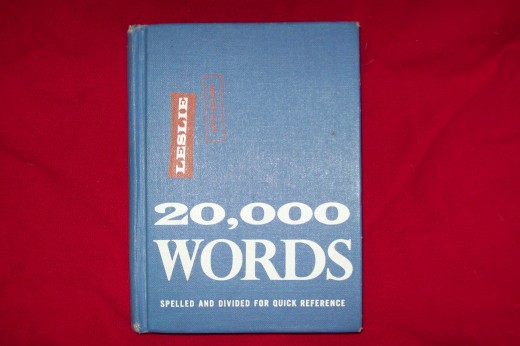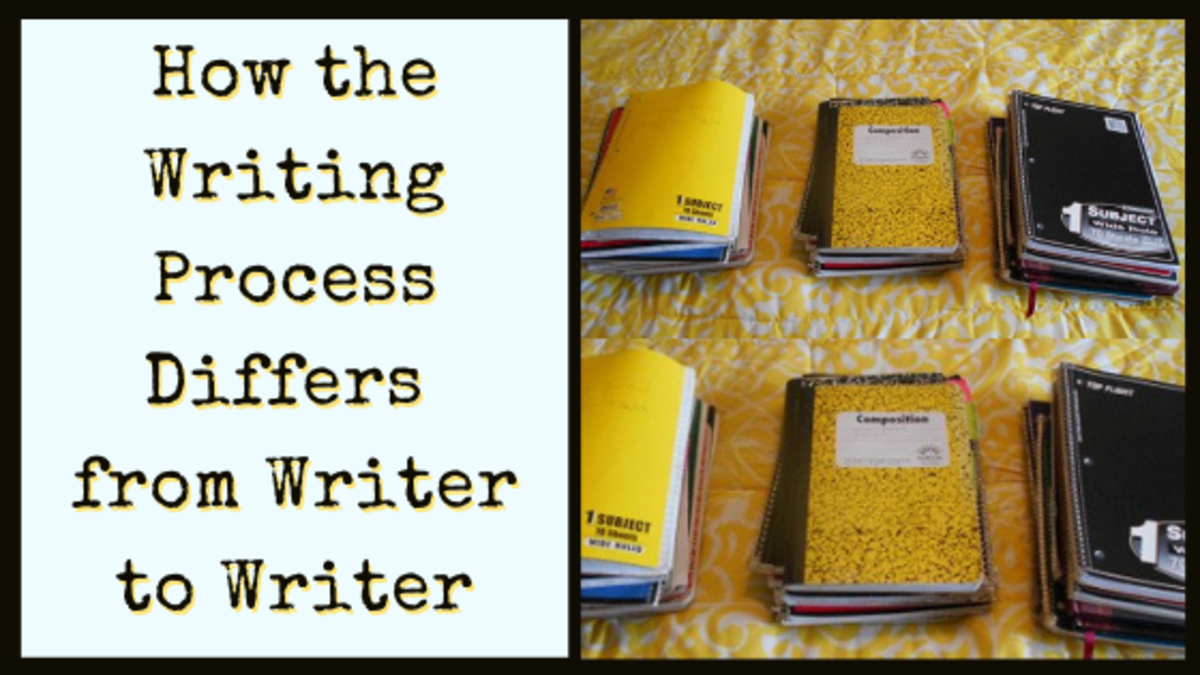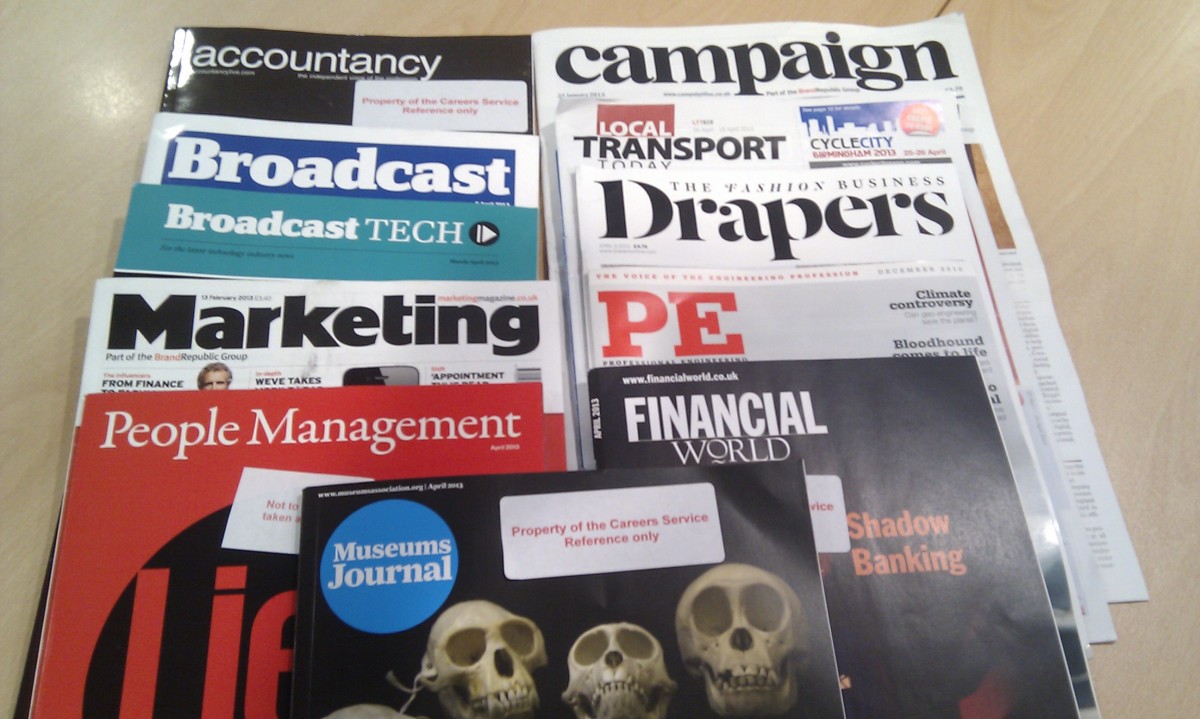TOOLS OF THE TRADE AS A WRITER

The Early Years
Tools of the trade have changed with time. The writer has soared to new heights by using any source of help to express their thoughts and interest aimed to please the reader they so desperately seek. From the early days of the caveman who left messages etched on the walls of caves with pictures as their form of penmanship, man has longed to communicate with his peers. Cavemen could have invented writing years before they discovered the valuable uses of the wheel which we still access today.
Early school children as recent as the 1800s used slate boards and chalk to write their assignments on in the classroom leaving precious paper supplies and pencils to be used for permanent writing projects such as homework, journals and letters. Handwriting was a practiced skill to be a necessary part of learning in those days and is still of great value today.
In earlier years the writer was restricted to writing first drafts by hand before it could be type cast into literary works and publications. It wasn’t until late into the nineteenth century that the first typewriters were to be sold on the American market, which gave poets and book authors a better way to translate their written thoughts and experiences. Ordinary people from every walk of life could write their story and present it in a likable format for publishing houses and newspapers. But this new writing machine was only as good as the person using it. If one spelled a word wrong they didn’t have Microsoft fixing it before they finished typing it. They didn’t have a backspace to simply erase it. They had to start all over again on a fresh sheet of paper. It was many decades later before they had an advantage of correcting their work with an eraser or correction tape in a highly upgraded design of typewriter. Technology evolved rapidly forward and with it came word processors and computers. With screen displays and built in dictionaries the writer had little reason to make many mistakes.
Even in the Modern World Writing Tools are Needed
Even in the modern world of today, the writer still needs tools to perfect their skills. They still need dictionaries and a thesaurus to help them use words of wisdom with choices as to how they want to tell their story. And they still need to edit their work. By reading and revising over and over most edited versions of written manuscripts can be done by the aid of good eyesight and concentration.
I may never be a perfected writer with mounds of well quality publications. I practice my craft now with much better means of perfection than I started out with. Maybe waiting until late in life to take serious part in the venture has given me a light on the subject others may not see. I do know from years of keeping journals, writing letters, writing poetry and writing short stories I have become better than I ever thought I would be merely by using the tools provided along the way.
Tools of the trade for this amateur writer, has ranged from a stack of tablets, notebooks, and collection of floppy disk filled from a word processor to the hard drive on the laptop I have now. I tried to change with the times to seek whatever added advantage I could to keep me writing. The early days were not always kind as I tried to juggle a job, rearing children and maintaining a household while pursuing a hobby which required not only skill, but a clutter free, noise free environment to keep me focused on the story at hand. For long periods of time the only writing practice I got was writing poetry or letters to family or friends I don’t see often enough.
Welcome New Writing Tools
These days have made me appreciate the technology given to the writer as each new item is added to the list of tools needed to be a good writer. While welcoming new sources, I still find many of the old ones as valuable today as when I began this journey.
I have always kept a large collection of dictionaries and reference books. The library is a valuable tool as much today as it was yesterday. Every town has a public library, but if you don’t live close to one, a private library of your own can be just as valuable to a writer as well as a student. I started collecting books of all topics of interest as I found them at yard sales, flea markets, auctions, etc. and found them often to be helpful with my kid’s school assignments as well as giving me information otherwise not accessible to me for researching a story or article. Answers are easily accessed online now. But often the accuracy is lost in translation as the topic has not been researched well before writing it. Be careful of your sources before totally believing any online publications. In other words find more than one reference to the information before you write about it. Prove it to yourself first before enlightening others. And never ever write something to publish if you don’t use your own words. Both you and your publisher could violate copyright infringement if something looks too much like another writer’s work. Often innocent acts of plagiarism can find you not trust worthy to your audience. Be very careful how you rephrase information you find while researching to avoid this. It can happen to the best of us.

Tools of the Trade
A well lit, clutter free, quiet work space to write in can be as valuable a tool as any. I often work with a television playing, a dog barking or a spouse interrupting me. But unless you can tune yourself away from such things it’s easy to lose your train of thoughts. I try to take full advantage of whatever quiet time I can. I find it a necessity to have a light over my work space. It’s just as important to be able to see your keyboard as it is to see your written notes and outlines. And speaking of notes and outlines, it’s hard to find these handy if your desk is over flowing with other projects and you don’t even know where you put the notes you took. I’ve been there and done that and often find myself in the same mess all over again. But I can tell you it’s easier if you’re organized to some degree.
Although I still keep large dictionaries, I prefer the smallest forms to use at my desk. The electronic version of the Merriam-Webster’s Intermediate Dictionary is not only pocket size, but it has nearly the content of the big printed one. I always keep one along with a copy of a small book compiled by Louis A. Leslie called 20,000 Words which holds words spelled and divided for quick reference. This book does not have the definitions, but the words only. This may be old school, but it's very convenient and useful.
We’ve come a long ways since the days of the early typewriter. Today the computer has become one of the writer’s most valuable tools. There are many software programs made especially for the writer. Not all are created equal. I mostly use Microsoft Word or Open Office Writer, but I’m sure there are others that may be as good or even better to use. Taking the time to get use to new software isn’t always wise if you’re not a computer whiz. I fit that category well as I’m still learning many of the basics as I go.
Tools of the trade to the writer can also be something you don’t see on your desk at all. Exposure to the outside world is the most valuable of tools you’ll ever have if you plan to take your career beyond your front door. The internet can give you the exposure you need. With all the writing sites out there, it would be foolish not to join some of them. As I’ve visited many and joined a few I can tell you I have found Hub Pages to be my favorite. The topics are wide spread and the community is made up of a special group of writers who are here for the same purpose. They are here to help others fine tune their talents as well as improve their own. They are not afraid to give advice where it is needed and I have never ran into anyone being disrespectful here like one might find on other sites. I have been here well over a year and hope to be here much longer. So when I think of the tools I use as a writer, I think of my audience and comments from my fellow writers as being as important as any other.
A Useful Little Book
- LESLIE FIFTH EDITION 20,000 WORDS-A BOOK REVIEW
20,000 Words by Louis Leslie is a valuable tool for quick reference to help spell words correctly. It's small in size and printed in large type.








